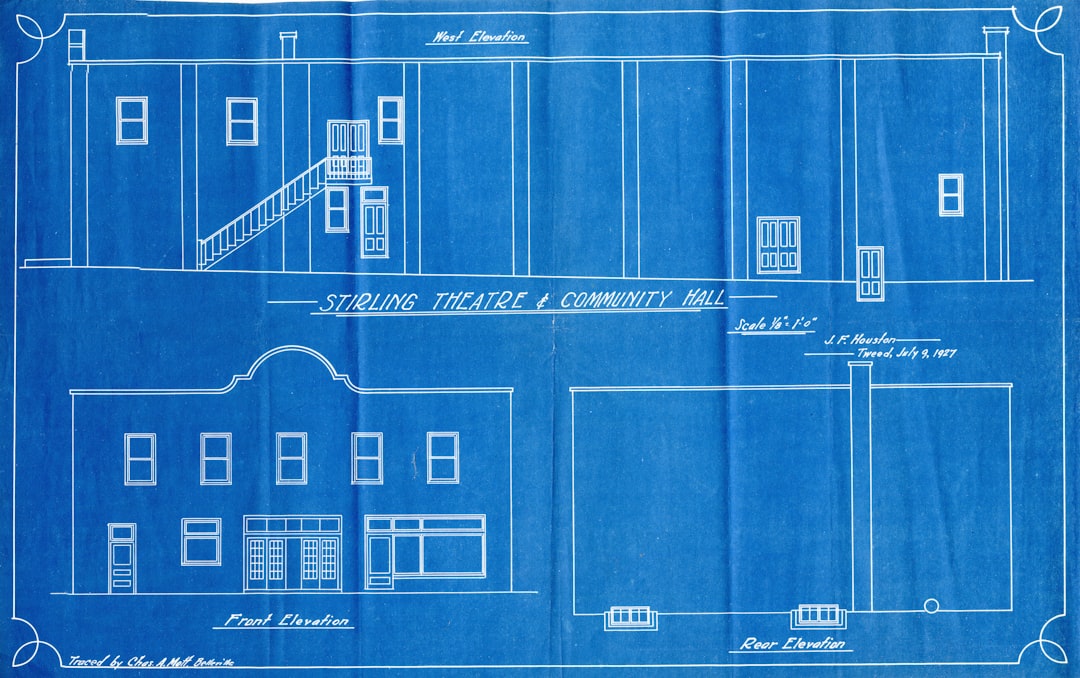CountBricks: Dunder Mifflin Layout Insights for Homes
Price source: Costs shown are derived from our proprietary U.S. construction cost database (updated continuously from contractor/bid/pricing inputs and normalization rules).
Eva Steinmetzer-Shaw
Head of Marketing
Understanding Construction Costs: Insights from Dunder Mifflin
Transforming the iconic Dunder Mifflin office layout into a residential design offers valuable lessons for construction professionals. With current construction costs ranging from $150–$300 per square foot, understanding efficient space utilization is crucial. This article explores how CountBricks leverages AI to convert TV floorplans into actionable residential designs, complete with live material pricing and instant estimates.
Decoding the Layout of Dunder Mifflin
The central bullpen, Michael's corner office, and the annex offer insights into efficient space planning:
- Centralized circulation mirrors efficient hallway designs in new builds.
- Glass partitions provide sightlines without sacrificing privacy, ideal for open-concept spaces.
- The breakroom's proximity to workstations is akin to a mudroom buffering a garage entry.
From TV Set to Scaled Residential Plan
1. Import TV set dimensions into CountBricks.
2. AI assigns real-world wall types and finishes.
3. Users explore room configurations, such as transforming the bullpen into a great room.
Live Costing: Estimating the 'Dunder Mifflin House'
Using our real-time estimate generator, we provide instant cost breakdowns:
- 2,350 sq ft area with steel to wood framing conversion.
- 3 ½ baths added in former closet spaces.
- Energy-code upgrades to conference-room windows.
Costs are updated live, allowing builders to adjust parameters without delays.
Key Residential Takeaways
- Zoning Matters: Clustered desks in the bullpen demonstrate efficient space use.
- Natural Light Sells: Windows in Michael's office highlight the importance of light in primary bedrooms.
- Flexible Enclosures: Movable partitions offer adaptable spaces without major renovations.
Pro Tips for Using CountBricks
- Import pop-culture plans to inspire clients, then switch to code-compliant designs.
- Use voice commands for real-time adjustments during site visits.
- Generate branded quote documents directly from CountBricks.
Collaborating with Designers & Homeowners
The familiar layout of Dunder Mifflin serves as a universal language, facilitating communication and speeding up decision-making processes.
Step-by-Step Residential Workflow
1. Open a CountBricks session and upload sketches.
2. Use voice commands to define room functions.
3. Approve scope and receive material prices from regional databases.
4. Export client-ready PDFs or push tasks to field apps.
Why Builders Choose CountBricks
- Seamless BIM-to-budget integration.
- Hourly local pricing updates.
- Voice-driven changes without CAD expertise.
- Instant quote documents with custom branding.
Ready to Try It?
Transform your ideas into data-rich residential plans. Explore demos and schedule a consultation at CountBricks.com.
Case Study: Transforming 'The Annex' into a Teen Suite
A client requested a redesign of the Dunder Mifflin annex as a private space for teenagers. With construction costs under $150 per sq ft, CountBricks delivered a cost-effective solution.
Design Objectives
- Maintain separation for privacy.
- Add a shared bath and sound-rated walls.
- Keep costs under $150 per sq ft.
CountBricks Workflow
1. Trace annex perimeter and label new walls.
2. AI suggests cost-effective materials to meet STC targets.
3. Real-time totals show $150 per sq ft, allowing for upgraded finishes.
Outcome
- Construction completed two weeks early.
- Material overruns reduced by 7%.
- Teens enjoy a studio-ready suite, while parents appreciate the quiet.
Lessons for Your Next Project
- Use engaging references to align on spatial feel.
- Leverage CountBricks for quick value engineering.
- Utilize AI-driven schedules to optimize material orders.
Whether converting a garage or planning a custom build, CountBricks turns inspiration into accurate scope quickly. Book a demo at CountBricks.com.

